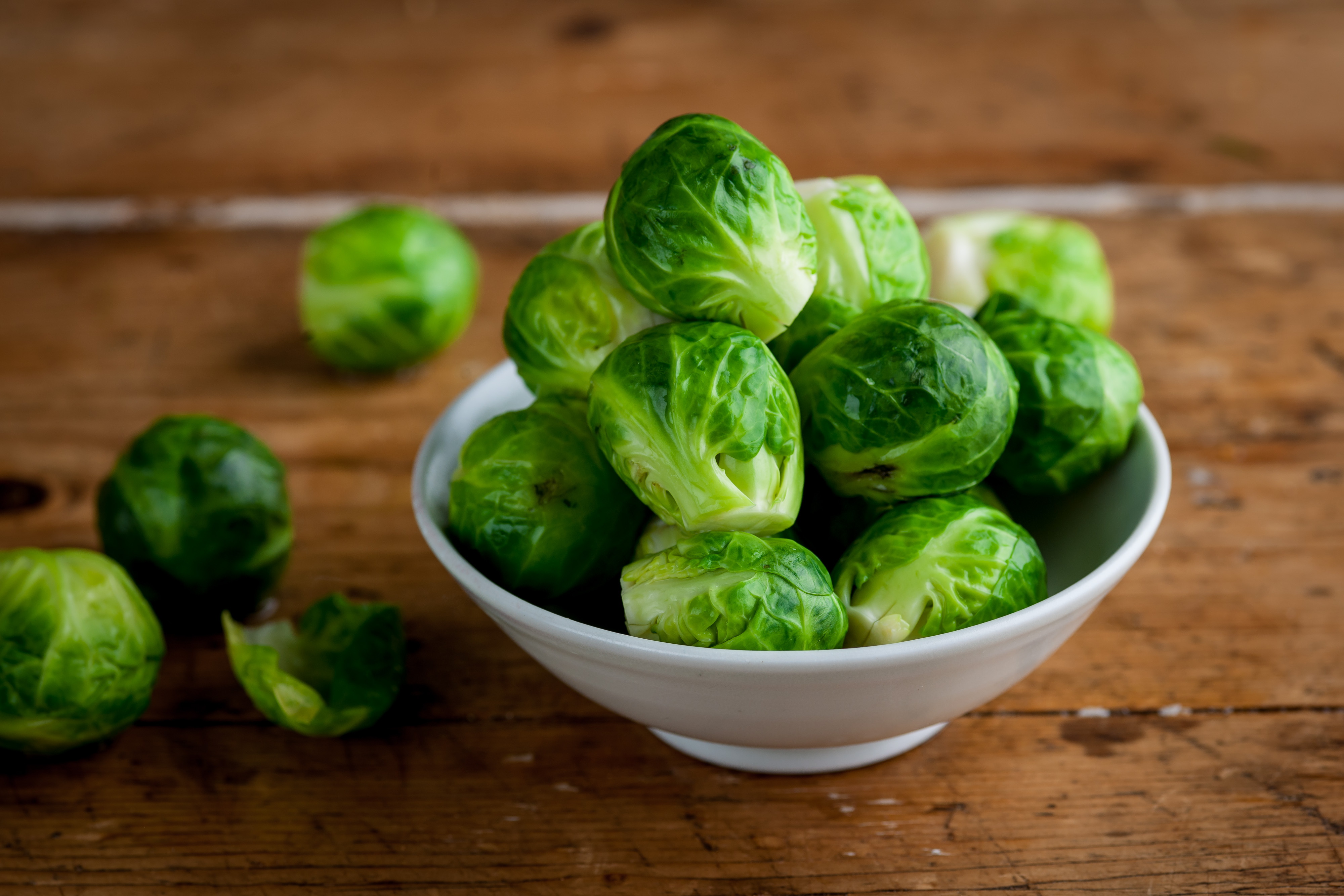Brussels sprouts tend to make an appearance on the Christmas dinner table, with some loving the green vegetable and others loathing it. But Brussels sprouts are among the most powerful cold-weather superfoods. Packed with immune-boosting vitamin C and glucosinolates that combat cancer. Low calorie, nutrient-rich vegetables in the diet may have major health benefits

1. Boost Bone Health
Brussels sprouts are among the top foods with vitamin K inside them. Brussels sprouts contain a significant amount of vitamin K-1. Vitamin K is essential for preserving a stable skeletal structure and helps reduce problems associated with a lack of bone mineral density, such as osteoporosis or fractures of the bone. Adequate vitamin K is necessary for the formation and mineralization of healthy bones. Even Brussels sprouts are a perfect calcium source.
2. Immune Booster
Brussels sprouts can be counted on to support your immune system Brussels sprouts nutrition supplies a large amount of immune-boosting vitamin C. One cup of Brussels cooked sprouts packs more than 150 percent of the daily minimum vitamin C target. Vitamin C is a protective antioxidant in the body which prevents inflammation and cell damage protects against bacteria, viruses, toxins, and other harmful invaders which can trigger disease and infection.
3. Protect Against Cancer
Brussels sprouts contain antioxidants and have the ability to stave off cancer with nutrients and phytochemicals. Such compounds help antioxidants and defense towards DNA and encourage healthy cell signaling.
Cooking and digestion decompose Brussels’ glucosinolates into compounds called isothiocyanates which have been researched for their anti-cancer effects, such as protecting cells from DNA damage and preventing the growth of new blood vessels in tumor cells.
4. Diabetes-friendly
Multiple studies have related increased intakes of cruciferous vegetables, including Brussels sprouts, to reduced diabetes risk. It is possible because the sprouts are rich in fiber which helps to control blood sugar levels.
Brussels sprouts also produce an antioxidant named alpha-lipoic acid which has been investigated for its possible ability to help improve insulin sensitivity, lower glucose levels, and reduce oxidative stress-induced changes in people with diabetes.
5. Safe your Vision
They are another rich source of vitamin C that eases stressed-eye inflammation. These also include zeaxanthin, an antioxidant that helps filter the damaging blue light rays out of the cornea and stops them from reaching.
Also, vitamin A is an abundant antioxidant in Brussels sprouts which helps to preserve the health of your corneas in the form of beta carotene. It’s also claimed to lower the risk of age-related macular degeneration (AMD) which increases the likelihood of vision impairment.
6. Promote Skin Health
Brussels sprouts may also help the skin, Brussels sprouts have high amounts of vitamin C. The high concentration of vitamin C actually encourages the development of collagen, that alone will give you skin that becomes more elastic and thus appears more youthful thereby minimizing wrinkles and enhancing the overall structure of the skin. Brussels sprouts are also a strong source of beta-carotene provitamin A which is crucial for healthy skin.